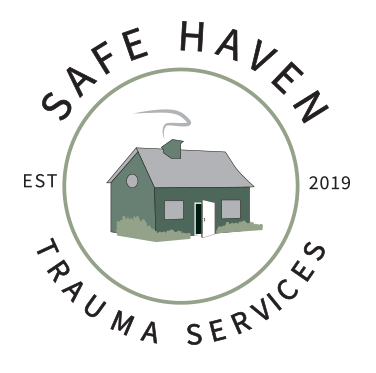What is Compassionate Inquiry?
Compassionate inquiry is a therapy approach created by Dr. Gabor Maté that helps clients gain insight into their current behaviors and beliefs. It is a strategy that I utilize with my clients in helping them see the drive behind their addictive behaviors. One of my favorite questions to ask clients is: “How does that behavior benefit you?” Typically, the response I receive is: “Well, it doesn’t.” While this statement is partially true, it is not the whole truth. The addiction serves a purpose, people use substances and engage in behaviors for very real reasons. I believe that every behavior we engage in makes sense, given our histories. Often, I find that people use substances to connect, forget, numb themselves, or to simply feel alive. All of these reasons (among many others) are quite understandable and things that we all strive for. Compassionate inquiry encourages us to ask, as Dr. Gabor Maté states, “Not why the addiction, but why the trauma.”
Using compassionate inquiry allows me to get to the root of clients’ addictions while simultaneously validating their needs and desires. Using this techniques allows my clients to learn how to speak to themselves in a less condemning, judgmental manner. Society does not do addicts many favors and most stories surrounding addiction are not about hope, nor are they inspirational. They are depicting the worst side of addiction which does not create a safe environment for addicts to reach out for help. I personally would not feel safe coming forward and asking for help if all I were seeing in media were negative stigmas attached to my behavior! Seeing these negative and biased opinions helps generate a negative self-talk and self-hatred in people struggling with substance abuse disorders. By showing compassion and genuine understanding, we can “flip the script” that clients are telling themselves and begin to generate more understanding toward people who struggle with this.
Compassionate inquiry is not just an approach for therapists to utilize, it can be extended across many different professions. Imagine the amount of understanding and support people struggling with addictions or working on their recovery would feel if they were treated with decency and kindness! This approach can be utilized with multicultural and marginalized groups as well as diverse populations.

